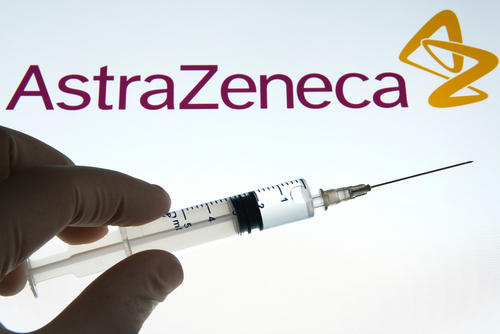
Results from clinical trials of AZD1222, a COVID-19 vaccine candidate developed by AstraZeneca and Oxford University, made it the third major candidate to post late-stage data, with an average efficacy of 70 percent, but with a lower price point and needs than its competitors.
Whereas the two drug successes this month announced by Pfizer and Moderna, respectively, had higher efficacy rates (almost 95 percent on average), AZD1222’s advantage is that, unlike its rivals, it does not need to be stored at extremely cold temperatures for storage and transport. This would make it particularly easy to distribute among developing countries.
“I think these are really exciting results,” Dr. Andrew Pollard, the trial’s chief investigator, said during a news conference. “Because the vaccine can be stored at fridge temperatures, it can be distributed around the world using the normal immunization distribution system.”
During the trials of AZD1222, no hospitalizations or severe cases of the disease emerged among the vaccinated. A total of 131 COVID-19 cases emerged overall. Two separate dosing regimens were utilized, one with significantly less efficacy than the other, at 62 percent and 90 percent, respectively. According to the data, it was the dosing regimen that used fewer doses that proved more effective.
In one regimen, patients were given a half dose and then a full dose after at least one month. In the second, they were given two full doses at least one month apart. In both cases, the vaccine was well-tolerated.
“This vaccine’s efficacy and safety confirm that it will be highly effective against COVID-19 and will have an immediate impact on this public health emergency,” Pascal Soriot, AstraZeneca CEO, said. “Furthermore, the vaccine’s simple supply chain and our no-profit pledge and commitment to broad, equitable and timely access means it will be affordable and globally available, supplying hundreds of millions of doses on approval.”
In response, AstraZeneca plans to submit the data to regulatory authorities worldwide that have frameworks in place for conditional or early approval. The full analysis of interim results will be submitted for publication to a peer-reviewed journal. More than 23,000 participants are being assessed from the trials, and up to 60,000 participants are expected to be enrolled worldwide before they conclude.
AstraZeneca is pushing to reach a manufacturing capacity of up to 3 billion doses in 2021.




